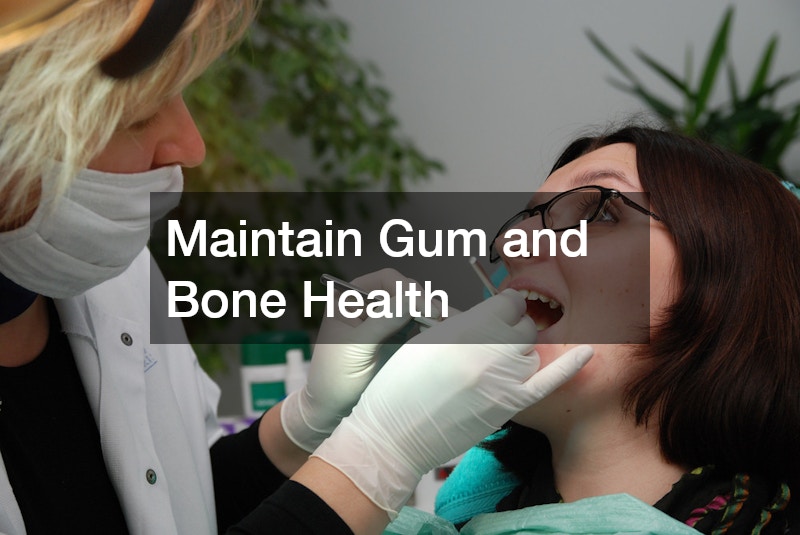
You’re having your check-up and the dentist informs you that you need a dental implant procedure, an oral bone graft or a surgical tooth extraction. The prospect of oral surgery, tooth replacement, fillings, crowns, caps and of course, wisdom tooth removal, is not the type news anyone wants to hear.
Consulting an Oral Surgeon: What You Need to Know
People consult an oral surgeon for a plethora of reasons ranging from a back tooth growing sideways to wisdom teeth removal. A few of these individuals experience unneeded anxiety about this dental visit, including those nervous about wisdom teeth removal. Each year, in the U.S., dentists perform about 20 million tooth extractions. That makes having a tooth pulled by a dentist one of the most common medical procedures.
Finding the right dentist and working with them to alleviate dental anxiety can help speed recovery from an urgent wisdom tooth removal procedure or other tooth extraction. Dentists typically remove only extremely diseased teeth or those they cannot correct alignment by using braces or Invisalign. Removing wisdom teeth maintains the proper alignment and prevents overcrowding in the mouth.
Prepare for your post-surgery day or weekend a few days before your procedure. Expect a little jaw pain after extraction. Take aspirin or Tylenol as directed by your dentist following your extraction. Your dentist may recommend only drinking fluids for the first few hours after the procedure.
Follow any food limitations provided to protect the stitches in your gum line. For the first few days after having your wisdom teeth pulled, you’ll need to maintain a soft foods diet. Many people enjoy treating themselves to ice cream, sorbet, smoothies, and yogurt during this period or enjoying meals of mashed potatoes, hummus, and broth. Whatever the reason you see an oral surgeon, keep your goal in mind while you recover to help you follow the post-surgery rules.
Finding an Oral Surgeon and 4 Reasons for Oral Surgery
The first thing you need to do is find an experienced oral surgeon. Knowing some facts that might help you relax and reduce any anxiety you may be feeling. Here are 4 reasons for having oral surgery, including a few types of oral surgery procedures such as surgical tooth extraction, dental implants and wisdom tooth surgery.
Oral Surgery To Restore Your Smile
If you are anxious or hesitant about visiting the dentist, but you don’t like the way your teeth look, you are not alone. In fact, many adults deliberately do not smile for this very reason. A visit to an oral surgeon who specializes in implants can help you with this.
Oral Surgery To Remove Your Wisdom Teeth
It seems to be the most predominant rite of passage into adulthood for Americans: wisdom tooth removal. In fact, surgical tooth extraction on wisdom teeth is done to approximately 5 million people in the U.S. The procedure of is done every year on an outpatient basis. Beyond a rite of passage, wisdom tooth removal is one step in a lifelong process of taking good care of one’s oral health.
Oral Surgery To Fill in the Gaps
Are you missing a tooth? Or teeth in one or both of your jaws? Well, if so, you are not alone. There are reportedly over 35 million Americans with this problem. But there is no need to keep your hand over your mouth for the rest of your life. A dentist can fill that gap with a crown or bridge replacement.

Oral Surgery To Maintain Gum and Bone Health
There must be something special about dental implants: 3 million people already have a tooth implant today. And the number is growing, with every year finding that 500,000 more people have them. Taking care of your teeth also helps take care of your gums and your bones, too.
To sum up, all the advances in general dentistry and oral surgery make it possible to make sure you take care of your oral health. Good oral health has an impact on overall health, including digestion and nutrition. It is also important to know that taking good care of your teeth impacts your overall appearance and how your teeth look, too. Of course, it is also true that a bright, healthy smile is a good way to meet people and open new doors for conversation, careers and camaraderie.
